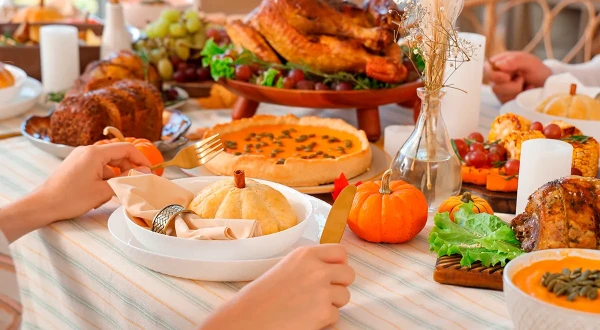
Our diet largely depends on the time of year. In summer, there is an abundance of vegetables, berries, and fruits, and they naturally become the basis of the menu. In autumn, the situation changes: the body needs different foods — and this is reflected in eating habits.
What Changes in Autumn
With the drop in temperature, energy expenditure increases — the body spends it to maintain normal temperature. Therefore, there is a natural increase in the craving for more filling, fatty, and calorie-dense foods. Fats are not only a source of energy but also a kind of “insulation”: they help retain heat and create a reserve for winter.
Psychological Features
In autumn, the daylight hours shorten, and the level of sunlight decreases. This can cause apathy and even seasonal depression. In such conditions, there is a particular craving for tasty and calorie-rich food — sweet, fatty, and spicy. Such food helps the body produce serotonin — the happiness hormone — and truly improves mood. Therefore, many people intuitively “eat away” fatigue and gloom specifically in autumn.
How the Gastrointestinal Tract Reacts
The digestive system acutely feels changes in diet:
- An excess of animal fats (pork, lamb, fatty beef, mayonnaise) overloads the liver and pancreas. This can lead to inflammation and a decrease in their functions.
- Hepatic steatosis — fat accumulation in the liver. This causes the cells to function poorly, fibrosis may develop, and with prolonged inactivity, liver cirrhosis is even possible.
- Lipomatosis of the pancreas — fat deposits in the organ. They reduce enzyme production and can provoke pancreatitis. In cases of severe deficiency, doctors prescribe enzyme preparations.
- Cholelithiasis (gallstone disease) — with an excess of fats and sweets, cholesterol metabolism is disrupted, leading to bile stagnation. Initially, flakes and clots (“sludge”) appear, and then stones may form.
- Gastritis is most often caused by the bacterium Helicobacter pylori. However, abundant fatty food can exacerbate symptoms and provoke flare-ups.
How to Help the Body in the Cold Season
- Be sure to include fresh vegetables, fruits, and greens in your diet — even a small portion at each meal improves nutritional balance.
- Gradually transition to a more filling menu so that the gastrointestinal tract can adapt.
- Replace animal fats with cold-pressed vegetable oils.
- Try to eat in small portions 4–5 times a day.
- If you feel heaviness after eating, you can temporarily use enzymes, but if problems recur, you should consult a doctor.
Thus, the desire to eat “heavy” foods in autumn is a natural reaction of the body. However, if you approach nutrition wisely, you can maintain good well-being and avoid gastrointestinal problems.

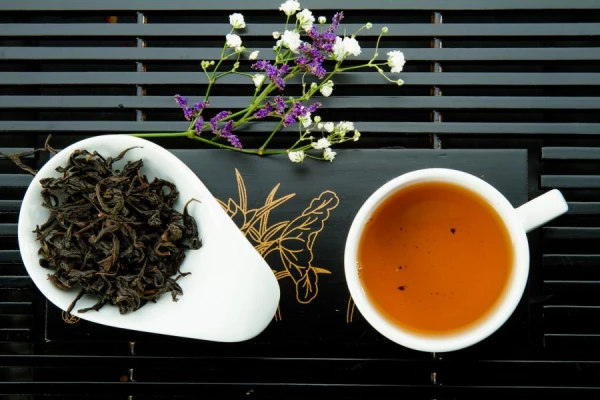
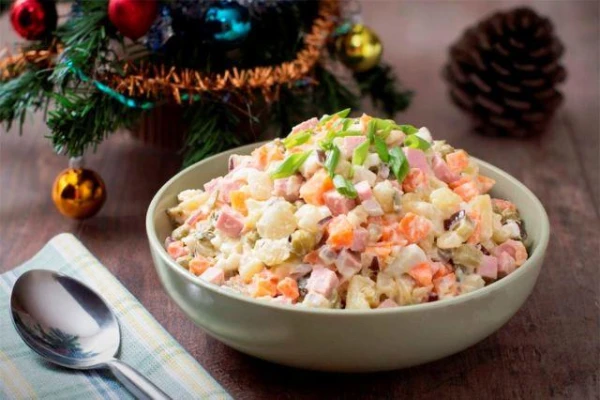
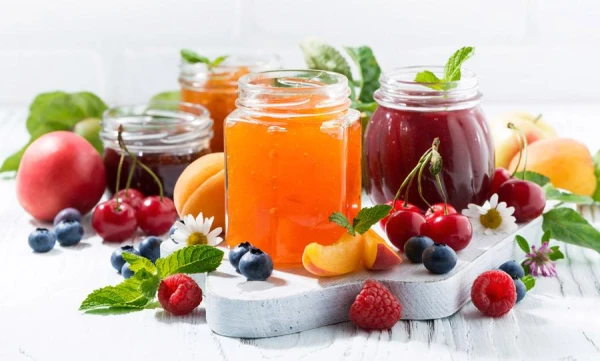
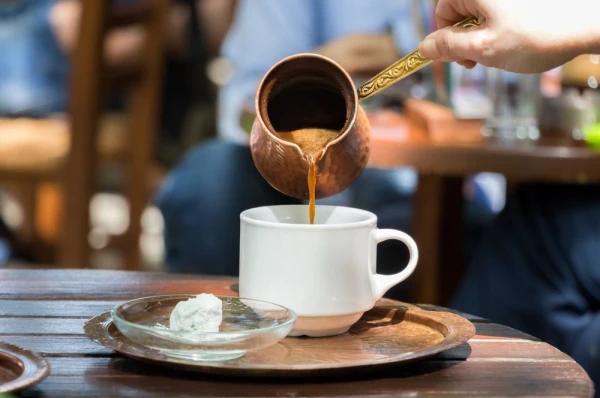
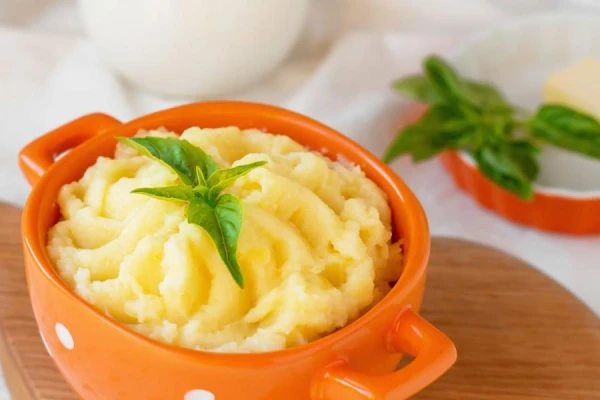

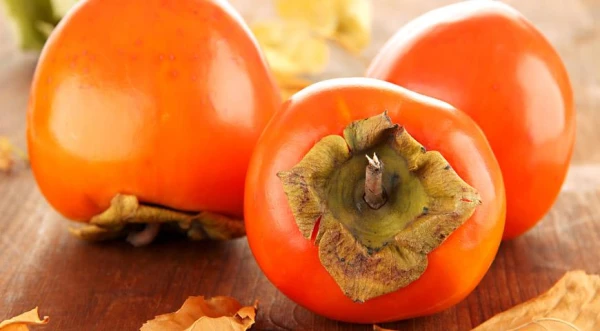
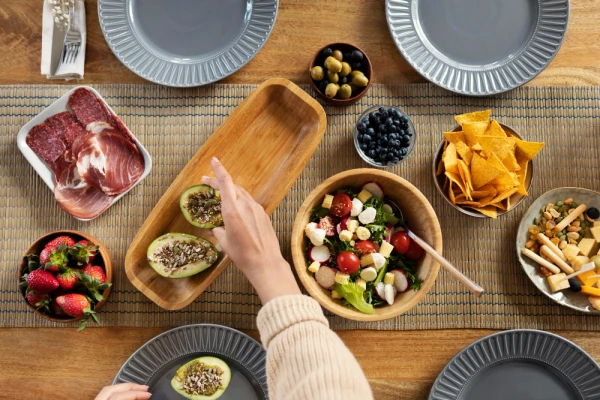




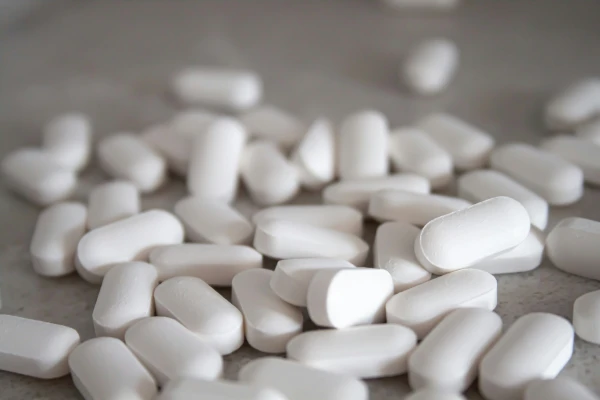

Leave a comment